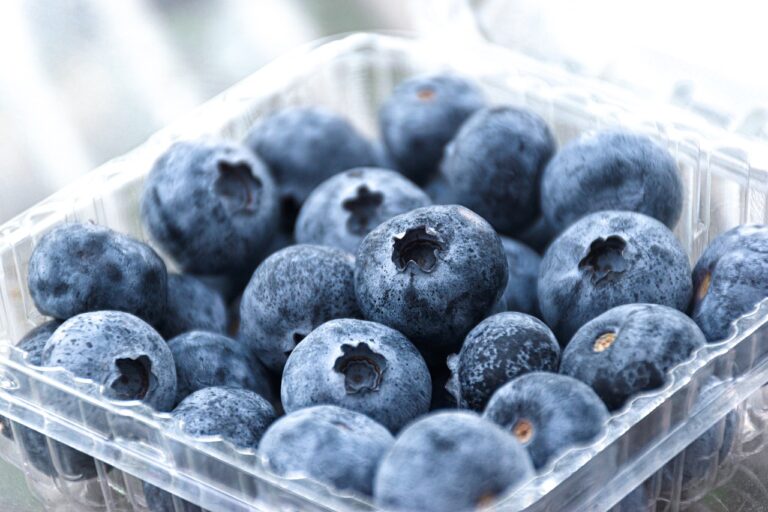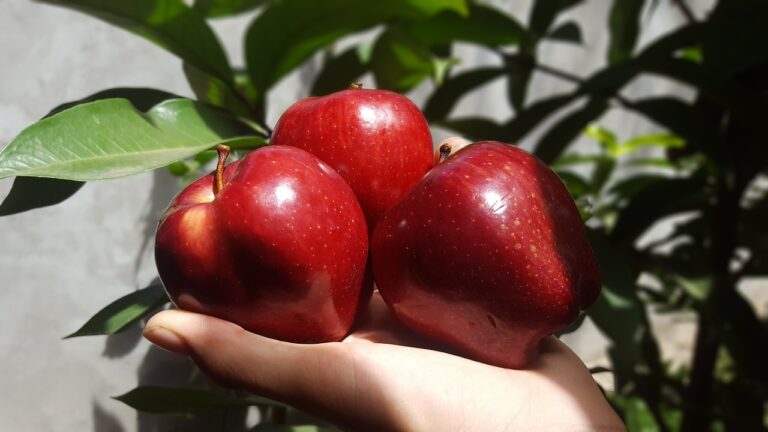The Role of Frozen Foods in Addressing Global Food Challenges: Goldbet7.com login, Radha exchange, 11xplay online
goldbet7.com login, radha exchange, 11xplay online: As our world continues to face challenges related to food security, sustainability, and accessibility, it is crucial to explore innovative solutions to address these issues. One such solution that often goes unnoticed is the role of frozen foods in tackling global food challenges. While frozen foods have long been a staple in many households, their significance in the broader context of global food systems is often underestimated. In this article, we will delve into the various ways in which frozen foods can play a vital role in addressing these challenges.
The Convenience Factor
Heading 1: The Convenience Factor
One of the most significant advantages of frozen foods is their convenience. With busy lifestyles becoming the norm for many people around the world, having access to quick and easy meal options is crucial. Frozen foods allow consumers to have a wide range of choices readily available in their freezers, eliminating the need for frequent trips to the grocery store. This convenience factor not only saves time but also reduces food waste, as frozen foods have a longer shelf life compared to fresh produce.
Heading 2: Food Preservation
In addition to convenience, frozen foods also play a critical role in food preservation. By freezing fruits, vegetables, meats, and other perishable items, we can extend their shelf life and prevent food waste. This is particularly important in regions where access to fresh produce is limited or where food spoilage is a prevalent issue. By freezing excess produce when it is in season, we can ensure a more consistent supply of nutritious food throughout the year.
Heading 3: Nutritional Value
Many people mistakenly believe that frozen foods lack nutritional value compared to fresh produce. However, research has shown that frozen fruits and vegetables can retain their nutritional content, sometimes even better than their fresh counterparts. This is because frozen foods are typically harvested and processed at peak ripeness, preserving their nutrients until they are consumed. By incorporating a variety of frozen foods into our diets, we can ensure that we are still receiving essential vitamins and minerals despite seasonal limitations.
Heading 4: Food Security
Food security is a pressing issue that affects millions of people worldwide. By leveraging frozen foods, we can improve access to nutritious food in areas where traditional methods of food preservation are not feasible. For example, frozen foods can be easily transported and stored in regions with unreliable electricity or limited refrigeration capacity. This can help communities better withstand food shortages, natural disasters, and other crises that may disrupt food supply chains.
Heading 5: Sustainable Practices
Another crucial aspect of frozen foods is their role in promoting sustainability. By freezing food at its peak freshness, we can reduce the need for preservatives, packaging, and transportation associated with fresh produce. Additionally, frozen foods can help minimize food waste by extending the shelf life of perishable items. By adopting sustainable practices in the production and distribution of frozen foods, we can contribute to a more eco-friendly food system that benefits both people and the planet.
Heading 6: Economic Benefits
FAQs:
Q: Are frozen foods as healthy as fresh produce?
A: Yes, frozen foods can be just as healthy as fresh produce, if not more so. Because frozen foods are often processed at peak ripeness, they can retain their nutritional value better than fresh produce that may have been harvested early.
Q: How do frozen foods contribute to food security?
A: Frozen foods help improve food security by providing a reliable source of nutritious food that can be stored for extended periods. This is particularly important in regions where access to fresh produce is limited or during times of crisis.
Q: What are some sustainable practices associated with frozen foods?
A: Sustainable practices in the production and distribution of frozen foods include minimizing food waste, reducing energy consumption during freezing and transportation, and using eco-friendly packaging materials.
In conclusion, frozen foods play a vital role in addressing global food challenges by providing convenience, preserving food, maintaining nutritional value, enhancing food security, promoting sustainability, and offering economic benefits. By recognizing the importance of frozen foods in our food systems, we can take proactive steps towards building a more resilient and sustainable future for all.







